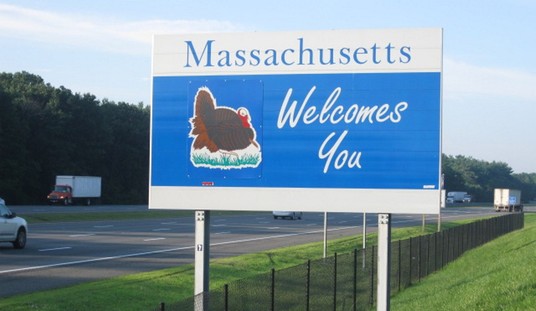This is funny.
In April of 2016, the administrative building on the campus of North Carolina’s Duke University was overrun by the children of privilege… aka… college students who don’t realize that just by their being students at one of the top schools in the nation, they pretty much don’t have the issues they’re protesting against.
At the time, they refused to leave until their demands for “transparency,” a hike in minimum wage for university staff members, and the termination of a controversial school administrator, Executive Vice President Tallman Trask III were met.
Trask was accused by a parking attendant several years earlier of directing racially offensive remarks her way. Trask denied making any racially charged comments, and said that she had blocked him from parking in his usual parking spot, even stepping in front of his car, causing him to unintentionally strike her.
After an investigation, the parking attendant refused to cooperate or pursue her complaints further.
The 2016 sit-in was so inspiring that the school set about to create a “task force on bias and hate issues,” with a steering committee to carry out the task force’s recommendations.
The steering committee was to be controlled by an advisory committee made up of four students, four faculty members, and two staff members.
Yeah, all those committees, overseers, and I’m sure, impassioned pleas for action really get into the meat of issues, right?
Ugh. Protests are SO 2016.
Campus Reform reports:
Now, however, The Duke Chronicle reports that just one of the four student members has been able to attend the bi-monthly advisory committee meetings so far this semester due to scheduling conflicts, and that the committee is struggling to find replacements.
Vice President for Student Affairs Larry Moneta, who serves on the steering committee, told The Chronicle that the advisory committee is open to any student leaders interested in the topic.
“We have a rule of thumb—if you are a student group that cares about the topic, you have a seat at the table,” he explained, noting that “the [Bias and Hate Task Force advisory committee] is going to do the same thing.”
Could it be that they got caught up in the whole “Black Lives Matter” craze, but once there was actual work to be done, they just realized very little of what they were protesting applied to them?
Millennials bore easily.
The dearth of student interest has also deprived the committee of input “from actual students about their hate and bias experiences on campus,” she noted, saying, “The listening tour from my understanding was purely hearing from actual students about their hate and bias experiences on campus. [But] the people that have been invited to speak so far are almost exclusively administrators.”
Translation: The people that have been invited to speak so far are almost exclusively those who are trying to convince young people of bias that doesn’t exist, in order to push a social justice narrative.
Oh, well. Just sit tight. There’s always a new “ism” to protest, just around the corner. Maybe the next generation of students will be more receptive to the message of the perpetually aggrieved.













Join the conversation as a VIP Member